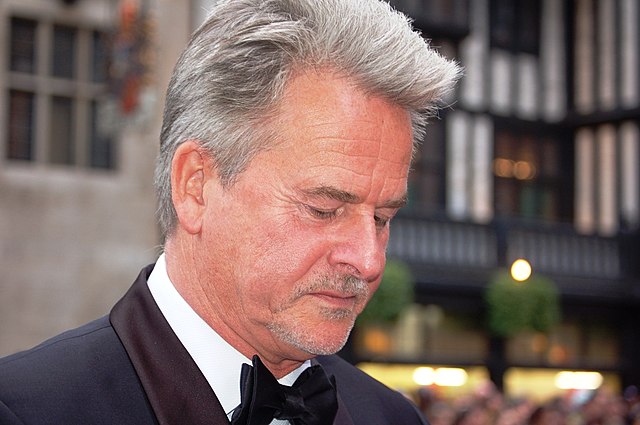Infinite photos and videos for every Wiki article ·
Find something interesting to watch in seconds
Orders and Medals
Celebrities
Great Artists
Richest US Counties
Wars and Battles
World Banknotes
Recovered Treasures
Great Cities
Famous Castles
History by Country
British Monarchs
Tallest Buildings
Kings of France
Presidents
Rare Coins
Countries of the World
Largest Palaces
Supercars
Largest Empires
Animals
Crown Jewels
Sports
Great Museums
Wonders of Nature
Ancient Marvels
Best Campuses
more top lists



